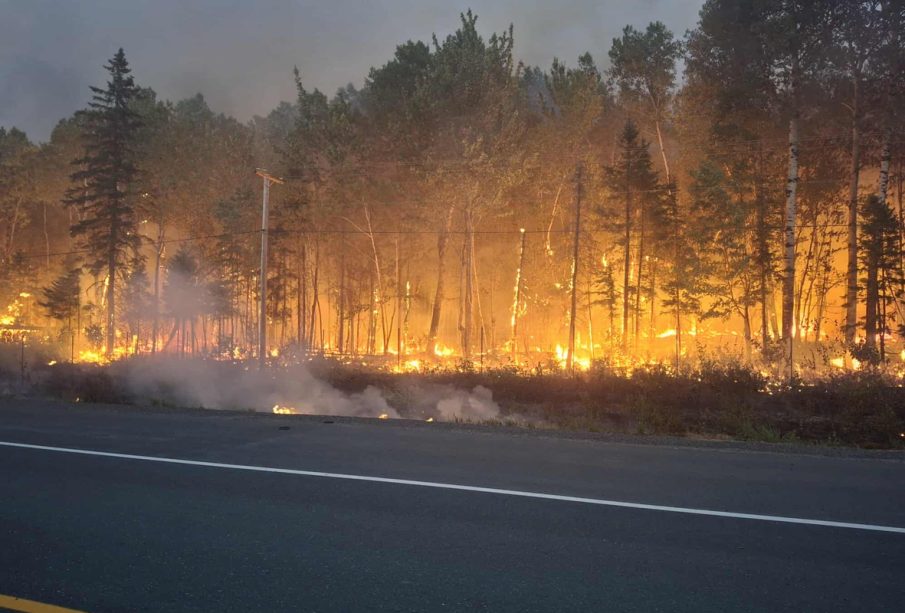Wildfires in New Brunswick: Understanding the Current Crisis

Introduction
Wildfires have become an increasingly alarming issue in Canada, with New Brunswick facing heightened risks this summer. As climate change contributes to more extreme weather and dry conditions, wildfires present not only a threat to natural ecosystems but also endanger communities and homes. With recent reports highlighting the severity and frequency of these fires in New Brunswick, it’s essential to understand their impacts and responses.
Recent Wildfire Incidents
This summer, New Brunswick has experienced several significant wildfires, resulting in the evacuation of communities and extensive property damage. The Department of Natural Resources and Energy Development reported that as of early August 2023, more than 1,200 hectares of land had burned due to wildfires, with several major incidents requiring emergency services to intervene. The fires have been exacerbated by ongoing dry spells and high temperatures, conditions that are becoming increasingly common in the region.
Community Response and Recovery Efforts
In response to the unfolding crisis, local authorities have initiated evacuation plans and deployed firefighting resources across impacted areas. Community groups have also come together to provide support for those displaced by the fires. The New Brunswick government has coordinated with the Canadian Interagency Forest Fire Centre to ensure that firefighting personnel and equipment are readily available. Notably, financial assistance programs are being launched to aid the recovery of affected residents and businesses.
Long-term Implications of Wildfires
Wildfires not only pose immediate threats but also have long-term environmental consequences for New Brunswick. The eco-systems that rely on the region’s forests can be severely disrupted, affecting wildlife habitats and biodiversity. Furthermore, air quality remains a concern, as smoke from wildfires can lead to health risks for residents. The province is under pressure to develop comprehensive plans that address not only fire management but also mitigation strategies for climate change, which is fundamentally altering weather patterns in the region.
Conclusion
As New Brunswick continues to grapple with the devastating effects of wildfires, it is imperative for communities, government, and environmental organizations to work collaboratively to enhance fire prevention and response strategies. The current wildfire crisis underscores the pressing need for increased awareness and preparedness as climate change accelerates these natural disasters. Enhanced collective action and support for communities at risk can significantly mitigate the impact of future wildfires, ensuring a safer environment for all New Brunswick residents.









